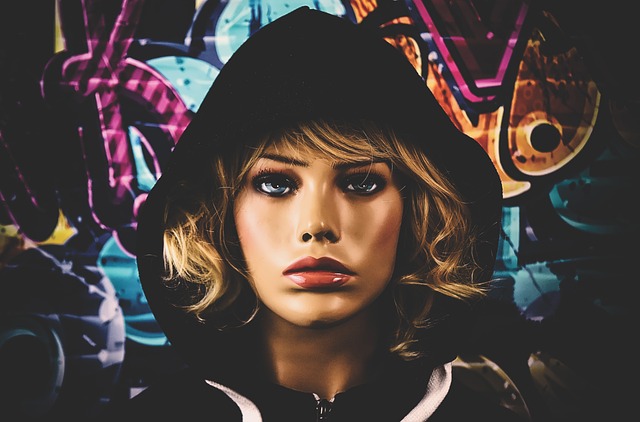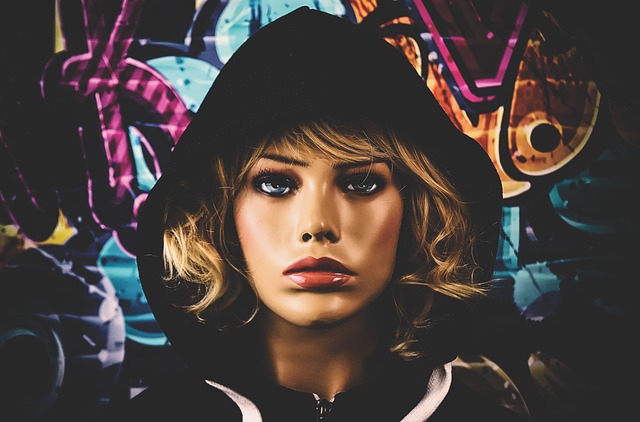-
Table of Contents
The Rise of AI-Powered Music Generation

Jukebox artificial intelligence is transforming how we create and experience music. This cutting-edge technology leverages deep learning to compose original tracks, mimic iconic artists, and even generate entirely new genres. If you’ve been struggling to understand its potential, this guide will break down everything you need to know—from its inner workings to real-world applications.
Table of Contents
- How AI Composes Music
- Practical Applications
- Success Stories
- Limitations and Ethical Concerns
- What’s Next for AI Music?
How AI Composes Music
Jukebox artificial intelligence relies on neural networks trained on vast datasets of songs. These models analyze patterns in melody, rhythm, and lyrics to generate coherent music. For instance, OpenAI’s Jukebox can produce tracks in the style of Elvis Presley or Mozart with surprising accuracy.
Key Components of AI Music Generation
- Deep Learning Models: Transformers and GANs process audio data.
- Training Data: Millions of songs teach the AI musical structures.
- User Input: Artists can guide the AI with genre, tempo, or mood.
Transitioning from theory to practice, companies like Amper Music and AIVA use similar techniques to help creators streamline their workflows. Moreover, these tools democratize music production, allowing amateurs to craft professional-grade tracks.
Practical Applications
AI-driven music tools aren’t just for experimentation—they’re reshaping industries. From advertising to gaming, businesses leverage this technology to cut costs and enhance creativity. For example, jukebox artificial intelligence can generate royalty-free background scores tailored to specific moods.
Industries Benefiting from AI Music
- Film and TV: Custom soundtracks created in minutes.
- Marketing: Personalized jingles for brands.
- Gaming: Dynamic scores that adapt to player actions.
Additionally, platforms like LANDR offer AI mastering services, proving that these innovations span the entire production pipeline. Meanwhile, artists like Taryn Southern have released albums composed entirely with AI assistance.
Success Stories
Several pioneers have harnessed jukebox artificial intelligence to push creative boundaries. In 2020, OpenAI’s Jukebox generated a 4-minute blues track that fooled many listeners into thinking it was human-made. Similarly, Sony’s Flow Machines collaborated with musicians to produce the AI-assisted hit Daddy’s Car.
Notable Examples
- Endel: An app creating personalized soundscapes for focus or sleep.
- Boomy: Lets users generate original songs in seconds.
- Google’s Magenta: Explores AI’s role in art and music.
These cases highlight how AI complements human creativity rather than replacing it. For more insights, check out our article on AI in Creative Arts.
Limitations and Ethical Concerns
Despite its promise, AI-generated music faces hurdles. Copyright issues arise when systems mimic copyrighted works too closely. Furthermore, critics argue that over-reliance on algorithms could stifle originality.
Key Challenges
- Legal Ambiguity: Who owns AI-created music?
- Quality Control: Not all outputs meet professional standards.
- Artistic Integrity: Balancing automation with human touch.
li>
To navigate these complexities, organizations like the RIAA are drafting guidelines for AI-generated content. For a deeper dive, read our piece on Copyright and AI.
What’s Next for AI Music?
The evolution of jukebox artificial intelligence shows no signs of slowing. Researchers are refining models to handle real-time collaboration between humans and machines. Startups like Amper are also integrating emotional intelligence, enabling AI to respond to listener feedback.
Emerging Trends
- Interactive Concerts: AI DJs adapting to crowd reactions.
- Hybrid Creation: Artists and AI co-writing songs.
- Accessibility: Tools for non-musicians to express themselves.
As these advancements unfold, the line between human and machine creativity will blur further. Explore our article on The Future of Music Tech for more predictions.
Final Thoughts
Jukebox artificial intelligence is more than a novelty—it’s a powerful tool reshaping music creation and consumption. While challenges remain, its potential to democratize artistry and inspire innovation is undeniable. Whether you’re a musician or a tech enthusiast, staying informed will help you harness its possibilities



Leave a Reply